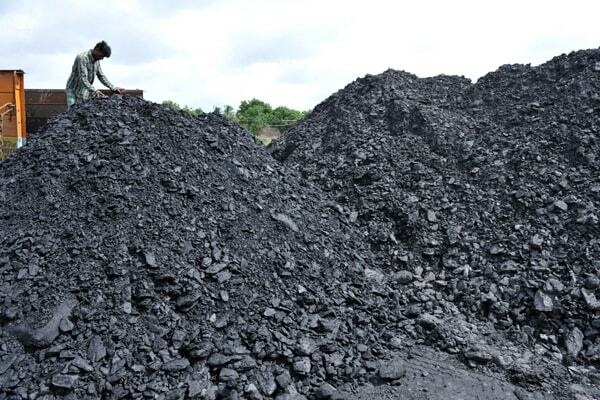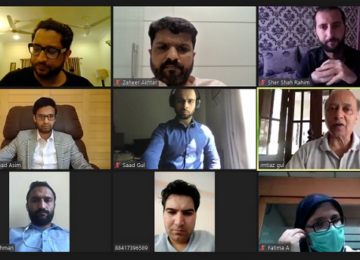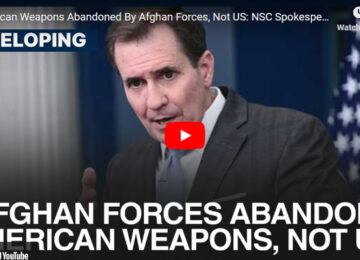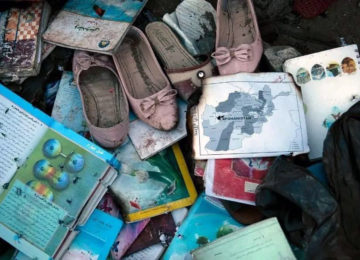The energy crisis appears to be getting worse with time and could create global tensions and a race for the world’s energy resources. If no preemptive measures are taken on an international level to prevent this situation, the poor nations will be the ones hardest hit by this predicament.
This year, there were several ups and downs in US-Saudi ties, one of which was the Saudi-led OPEC’s decision to cut oil output by two million barrels per day beginning in November. The US declared it a deliberate act to further exacerbate the energy crisis faced by the European Union countries due to an oil embargo from Russia. In US opinion, the OPEC decision would eventually benefit Russia as the drop in oil supply will force the affected countries to buy oil from Russia despite a US sanction. Currently, China and India are the biggest importers of Russian oil and Pakistan too has shown its interest in buying it.
For the US and its Europe allies, every step that creates conducive conditions for Russia to find more buyers of its oil is a kind of financial support to Russia in its war against Ukraine. All the economic justifications offered by Saudi Arabia couldn’t convince Washington. Driven by outrage against this OPEC decision, some members of Congress are reported to have even demanded that the US should freeze all cooperation, halt arms sales for a year, and remove American troops and missile systems from the kingdom. US President, Joe Biden also warned Saudi Arabia of the “consequences” of this decision.
While the Ukraine War has brought agony, misery, and loss of lives to the Ukrainian people, it has also provided opportunities for many countries to make their destinies. In the face of growing oil prices, and global competition for the acquisition of oil and gas supplies, the availability of Russian oil and gas at an enormous discount appears to be a most lucrative opportunity that no country wants to leave unexploited.
Africa, with its large reserves of natural gas, has also become another source of attraction for energy-hungry countries of Europe. Around 800 trillion cubic meters reserves of natural gas are available in Africa.
Despite all these shortcomings, Africa’s gas reserves are a source of attraction to European Union countries because the local consumption rate of gas energy in Africa is the lowest among all other continents of the world. For the energy-starved European Union, every source of energy is lucrative enough to lay their hands on. Driven by this urge, European leaders are flocking to all those countries from where they can get any support for their energy requirements. The African countries, allured by these new emerging markets for their gas energy, are eager to cash in on these opportunities.
Algeria, having the second largest natural gas reserves, is poised to become a possible supplier of natural gas in the near future. It already has pipelines linked to Europe and a new liquefied natural gas project off Africa’s western coast is almost 80 percent complete. To explore this opportunity, the leaders of Poland and Germany have recently paid a visit to the country.
The negative effect of this aggressive pursuit of natural gas by the EU countries is the price increase and market competition where the poor countries will be the worst affected. Pakistan has now reached out to Russia to buy LNG from there as it failed to find any bidder for a long-term contract for LNG supplies due to tight international market conditions.
Speaking about the tightening of the world market because of the increased demand of the European Union, Pakistan’s Ambassador to Moscow Shafqat Ali Khan stated, “If the rich countries take away all the LNG, what is going to happen to us? The global energy market needs to be stabilized. You know sanctions are impacting us very badly.”
It is an alarming situation for countries like Pakistan which suffer from huge trade deficits because a huge portion of its import bills comes from oil and gas purchases. Although the energy crisis has been on the horizon since the breakup of the Ukraine War, the lack of proactive planning for the procurement of oil and gas by Pakistan has contributed to a problem largely driven by the global situation. If Pakistan fails to get any positive response in its attempt to buy LNG from Russia, the upcoming winter season will pose a serious challenge for the government to meet the energy demands of the country.








